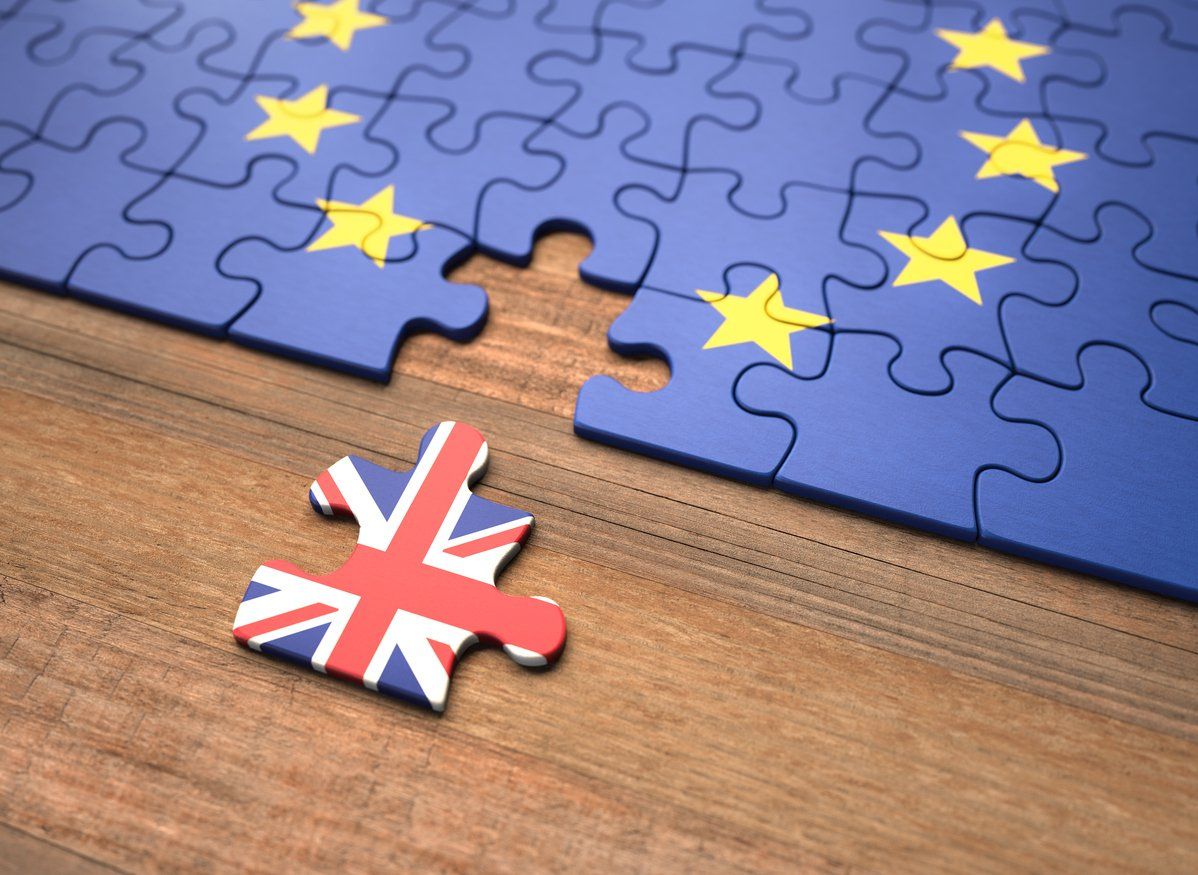U.K. Film Industry Braces for Brexit Backlash
United Kingdom (U.K.) content producers may soon feel the effects from last years’ “Brexit” through greater limits being placed on their access to European VOD (Video on Demand) consumers. Following the leak of a June 8 2021, memo that says “the EU (European Union) is preparing to reduce the amount of British TV and film content shown around Europe” there is concern that unfettered availability of U.K. content is about to end. The memo suggests that while U.K. films and programing are still classified as “European works” as described in the EU’s “audio-visual media services directive,” U.K. content has been crowding our other member content, which the memo argues should receive priority. If implemented, the impact will be reduced access to the U.K.’s second-largest film content market and a significant loss of revenue that will be difficult to find elsewhere.
The reason for this action, according to the leaked document , is the concern of EU regulators that the amount of U.K. content is disproportionate to that of member countries and displaces content from smaller EU members. The EU audio-visual media services directive also states that the majority of terrestrial (e.g., over-the-air) airtime must be given to European content. The same directive requires at least 30% of VOD content shown in the EU must be of European origin. According to The Guardian , other European countries are taking this quota even further, such as France, who set their quota at 60%, with VOD’s expected to invest 15% of their production budgets on European works.
Some in the U.K. sees this action as “revenge for Brexit” while others think it is long overdue.
They see the U.K. as both Europe’s biggest media producer and its biggest threat to “cultural diversity.” Tension between the EU and the U.K. has been growing since Brexit because the U.K. has “left the single market and customs union.” The EU single market was created to ease trade throughout the region by establishing common rules and regulations across member countries. By leaving the EU the U.K. is no longer bound by EU rules and regulations, but the EU is no longer obligated to offer the U.K. the same deal it had while a member state.
Among those are the regulations regarding the “ rules of origin.” What this means is people can now question whether something came from the U.K. This is already a point of contention with shows like “The Crown,” which is mislabeled as British but is in fact Anglo-American. According to the EU directive , “This convergence of media requires an updated legal framework in order to reflect developments in the market and to achieve a balance between access to online content services, consumer protection and competitiveness.”
None of this was unexpected. When talk about the U.K. leaving the EU began years ago, the British government was warned about the financial risks the screen industry could face. U.K. film and TV shows generate over £2B annually in combined rights licensing and VOD revenue and the loss of their second largest market would be a significant hit to the industry. Examples of the effect streaming had on the music industry resulting from the shift in distribution from physical recordings such as records and tapes to downloading was seen as a precursor to the impact consumer preferences will have on sales and revenues. Add to that EU regulatory changes and it potentially creates a perfect disruptive storm at a time when the industry can least afford it.
Share this post
Related Posts











